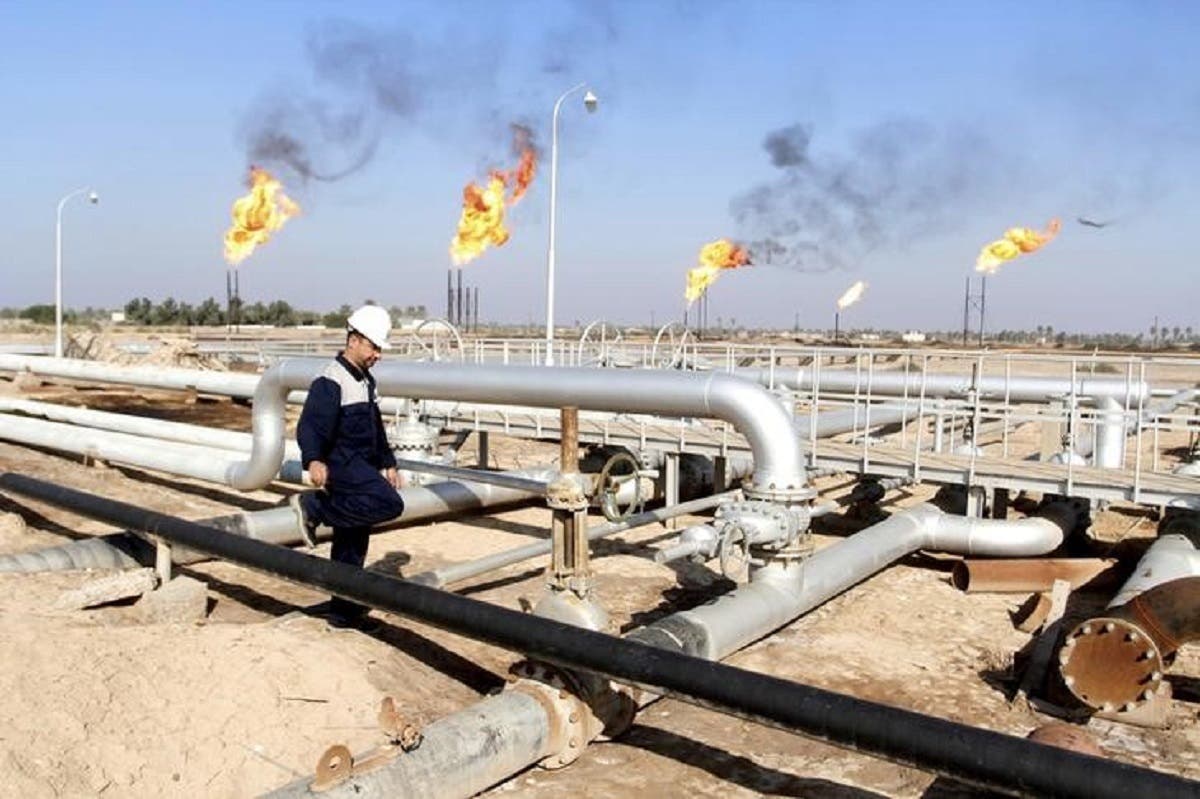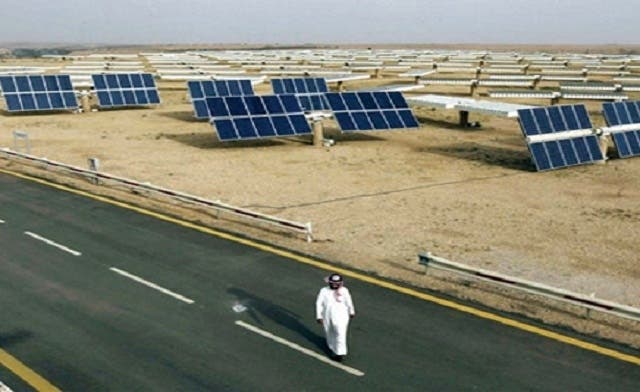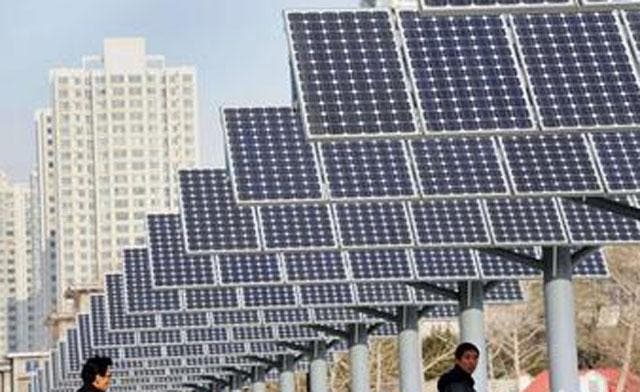Sultan Althari 29 October ,2020: 09:44 AM GST
The global shift toward clean energy will come with a new set of foreign policy risks, power shifts, and economic relationships. For the countries of the Arabian Gulf, home to 31 percent of the world’s oil, the shift presents both challenges and opportunities.
Despite the coronavirus pandemic, the world continues to undergo a global energy transition from fossil fuels to renewable energy. BP – one of the world’s most expansive oil companies – projects oil demand to peak in the next ten years, gradually handing its share of the energy mix to renewables.
This transformation will shape the Middle East, both through its global and regional-specific consequences.

First, renewable energy expansion will lessen resource-driven tensions between states, decreasing the likelihood that states will engage in direct confrontation for energy security on a global scale. Why? Simply put, renewables are less geographically concentrated than fossil fuels – increased self-sufficiency amongst states means less interdependencies, and potentially, less conflict.
However, while direct conflict over resources between states may become less likely, the shift to renewables comes with a new set of geopolitical risks to energy supply, for example maritime disruption in the delivery of fuels such as hydrogen and ammonia. As sectors come to rely more heavily on electricity, cyberattacks pose an increased threat to a country’s energy resources.
States will therefore benefit from investing in cybersecurity. Saudi Arabia has taken steps to empower the sector with the national policies, resources, and regulatory frameworks to create a resilient cyber defense. Recent Saudi investments have strategically enhanced cyber-threat detection and prevention capabilities—Riyadh will therefore find the energy transition much safer and easier than states that have not anticipated or been unable to act on the increased importance of cybersecurity in the new renewable energy mix.

Second, the increased importance of materials essential to renewable energy materials, such as rare earth elements and lithium, could lead to the development of cartels whose members will be empowered by their access to resources.
While OPEC ensures the stabilization of oil markets through a steady supply of petroleum to consumers, future clean energy cartels may substantively restrict supply and raise destabilizing geopolitical tensions in the process. China and Russia stand to benefit the most from the increased importance of rare earth elements for clean energy.
Ironically, rare earth elements are not geologically rare; mining and processing them is capital intensive, meaning it is their production that is actually rare. Today, most of that production occurs in China—a nation that would dominate rare earth supply chains in a future era of zero-carbon energy. In fact, China and Russia jointly hold 57 percent of global reserves—as demand for rare earths picks up, the strategic significance of this statistic should not be overlooked. Beyond rare earths, China refines over twice as much lithium as any other country, thereby dominating the supply chain for lithium-ion batteries with over 60 percent of component production and 77 percent of cell capacity.
Read more: Climate change mitigation requires range of options: Saudi Arabia’s Energy Minister
This provides further justification for the Gulf’s tilt towards China and Russia, while highlighting the need for Gulf states to diversify their pool of strategic partnerships. Countries can mitigate risks of monopolized production by reducing the need for rare earths in renewable energy through technological innovation, and more importantly, diversifying the production and processing of rare earths across states.
Third, greater geopolitical clout will fall into the hands of “electrostates”—countries that dominate the production of solar panels, electric car batteries, and other clean energy technologies. Unsurprisingly, China is uniquely positioned to rise as an influential electro-state: By producing over 70 percent of the world’s solar modules, Beijing is making solar panels both accessible and affordable (costs dropped 85 percent in the past decade). In addition, 7 of the world’s 10 largest solar-cell manufacturers are based in China.
Based on these figures, will China’s status as a leading electro-state give it the same energy-based clout as leading oil producers today? Not quite. The difference in leverage is tied to the fundamental difference between oil and clean energy: while curbing the latter may generate higher prices or delays for new electric cars, cutting off the former brings mobility, heating, and manufacturing to an immediate halt.

Fourth, given projected supply-demand trends, lowest-cost oil producers—like Saudi Arabia and the United Arab Emirates—will sustain selling their oil the longest, thereby adding to their strategic geopolitical influence as the world edges closer to a renewable-centric energy mix. In addition, these states are both financially and environmentally efficient producers with less methane leakage and lower life cycle emissions than any other oil-producing state. Lowest-cost producers will therefore end up with higher market shares and oil revenue as lower costs and emissions strengthen their grip on the oil market.
Fifth, states with energy prowess today may enjoy similar status in a future era of zero-carbon energy. How can we define energy prowess in the post-oil era? Producing affordable, zero-carbon energy for export. Saudi Arabia is a case in hand: beyond an abundance of low-cost solar power, the Kingdom recently unveiled a $5 billion project to build the world’s largest green hydrogen project. Riyadh’s experience at the helm of global energy in one era will undoubtedly come in handy as the world navigates its way to the next.
For over a century, the geopolitics of energy has been synonymous with the geopolitics of oil and gas. Today, renewable energy is expanding rapidly, accelerating the pace of the energy transition while redefining the intersection of energy and geopolitics. A new energy mix comes with a new set of foreign-policy risks that states must strategically identify, and proactively address. This means that today’s petrostates can very well become tomorrow’s electrostates, tilting the balance of power accordingly. Successfully detecting and responding to paradigm-shifting scenarios will enable states to emerge into an era of greater geopolitical stability and clean energy at once.

_________________________________
Sultan Althari is an adviser and recent Masters graduate in Middle Eastern Studies from Harvard University’s Graduate School of Arts and Sciences (GSAS). He tweets @sultanalthari
